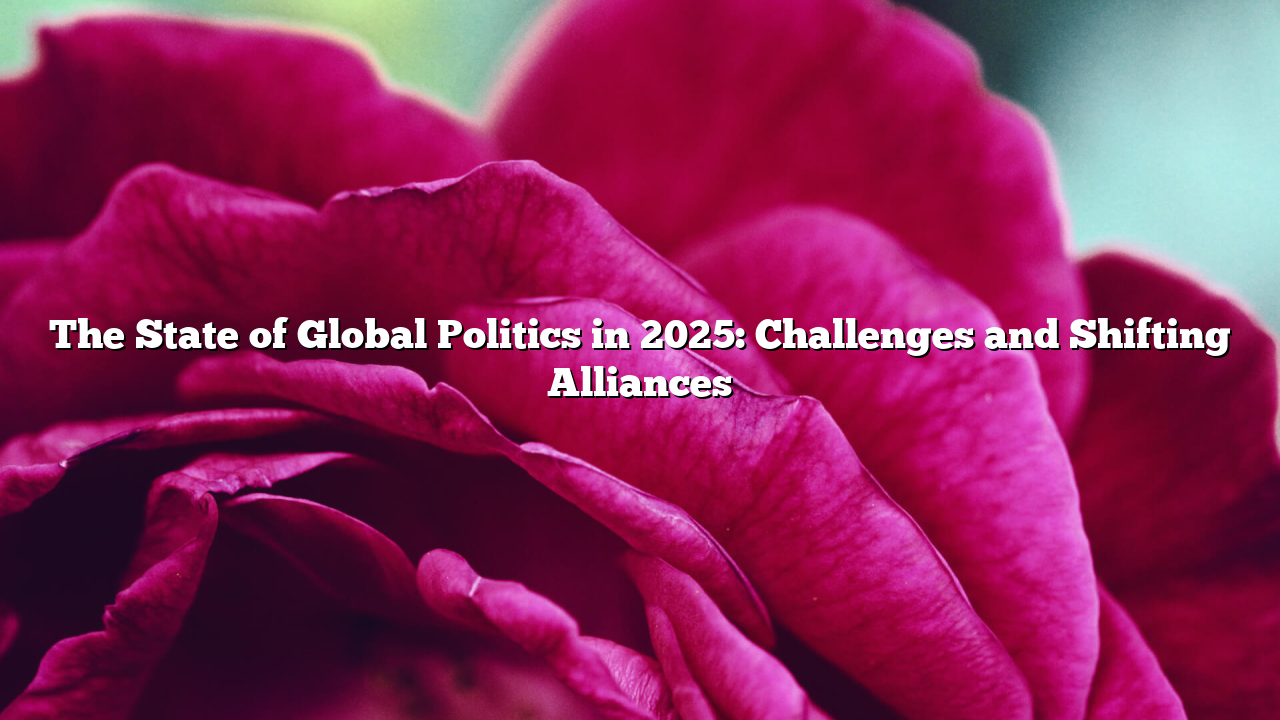The political landscape in 2025 is defined by rapid changes, shifting alliances, and the increasing influence of technology on governance. Around the world, governments are under pressure to respond to domestic challenges while also navigating global issues such as climate change, economic instability, and geopolitical tensions. Politics today reflects a struggle between continuity and transformation, as maritim4d traditional power structures adapt to new realities.
One of the most visible features of modern politics is the rise of populism and nationalist movements. Many countries are witnessing leaders who campaign on promises of protecting domestic industries, strengthening borders, and prioritizing national identity. While these movements often gain popularity among citizens frustrated with inequality or globalization, they also generate polarization within societies. The balance between preserving national interests and maintaining international cooperation has become increasingly delicate.
At the same time, democracy itself faces challenges. In several regions, democratic backsliding has been reported, with governments restricting press freedom, weakening independent institutions, or limiting civil liberties. Critics argue that some leaders use democratic elections to gain power but then undermine the very systems that allowed them to lead. This has raised concerns about the future of liberal democracy as an effective and sustainable political model in the 21st century.
Technology also plays a central role in shaping politics today. Social media platforms have transformed how political campaigns are conducted, making it easier for leaders to connect directly with citizens but also opening the door to misinformation and manipulation. Artificial intelligence and big data are now used in political decision-making, from predicting voting patterns to monitoring public sentiment. While these tools can improve governance, they also raise ethical questions about privacy and accountability.
Geopolitically, power dynamics are shifting. The United States remains a major global player, but its influence is increasingly contested by China, which continues to expand its economic and political reach. Meanwhile, Russia’s actions in Eastern Europe have reshaped security debates in Europe and beyond, prompting NATO and the European Union to strengthen their alliances. Emerging economies such as India, Brazil, and Indonesia are also asserting themselves more confidently in international affairs, signaling a move toward a more multipolar world order.
Climate change and environmental politics are another defining issue of our time. Governments are pressured to adopt sustainable policies while balancing economic growth and social demands. International climate agreements set ambitious goals, but the political will to enforce them varies widely. Citizens, especially younger generations, are becoming more vocal, demanding stronger action and accountability from their leaders.
Domestically, most governments are also dealing with rising inequality, economic recovery after global disruptions, and debates over healthcare and education. These bread-and-butter issues remain at the heart of politics, as voters seek leaders who can provide stability and fairness in uncertain times.
Looking forward, politics in 2025 will continue to be shaped by the tension between global interdependence and domestic priorities. Leaders will be judged not only on their ability to protect national interests but also on their willingness to collaborate across borders. The success or failure of this balance will determine whether the world moves toward greater cooperation or deeper division.
In conclusion, politics today reflects a period of transition. With growing polarization, technological disruption, and shifting power structures, the global political environment is both uncertain and dynamic. The coming years will test whether leaders can rise above short-term interests to address the long-term challenges that define our shared future.
